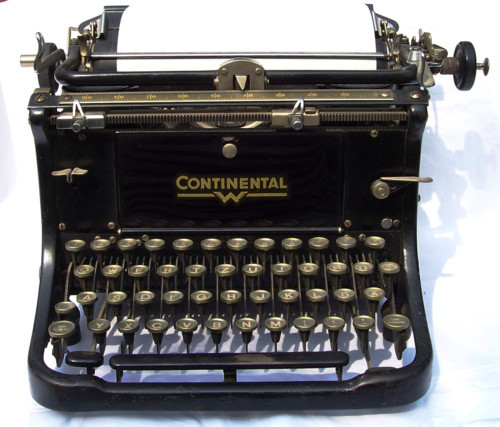YOU WIN SOME AND YOU LOSE SOME
David McCullough, author, historian and lecturer has a new book out which chronicles the earlier migration of Americans to Paris after World War I. Among the group were artists, industrialists and entrepreneurs — not unlike a later migration that included Hemingway, Gertrude Stein and Scott Fitzgerald. This first wave, after the few forays by our founding forefathers, encompassed the likes of James Fenimore Cooper, Oliver Wendell Holmes and Emma Willard, author of “History of the United States or Republic of America” on Europe’s shores.
I read McCullough’s biography of Harry Truman and know he is a scholar as well as an extraordinary writer, so I’m looking forward to picking up his 400+ page tome when it comes out in paperback. During a recent television interview, I was interested to see footage of him as he composed on an old, upright typewriter, the kind seen in newsrooms of the 1940s.

(Yahoo Images)
Watching him peck away at those round keys, I thought about all that has been gained and lost by advances in technology. Thanks to the computer, gone is the need for “white out,” paint used to correct typing errors. It was thick, smelled and often left little globules on the text. Gone too is carbon paper, those black sheets, inky on one side, that were placed between the blank pages to make copies of the original text. What they did best, however, was to leave smudges on one’s hands and clothes.
One virtue of the manual typewriter was that it seldom broke down, unless someone threw it on the floor. Unlike a computer, it never froze or made copy disappear. And it never, ever got infected with a virus. Like “Old Yeller,” it was steady and reliable.
I’m all for progress but seeing David McCullough stabbing at his typewriter keys, I realized the past wasn’t all bad. Sometimes, a gain can bring a loss.